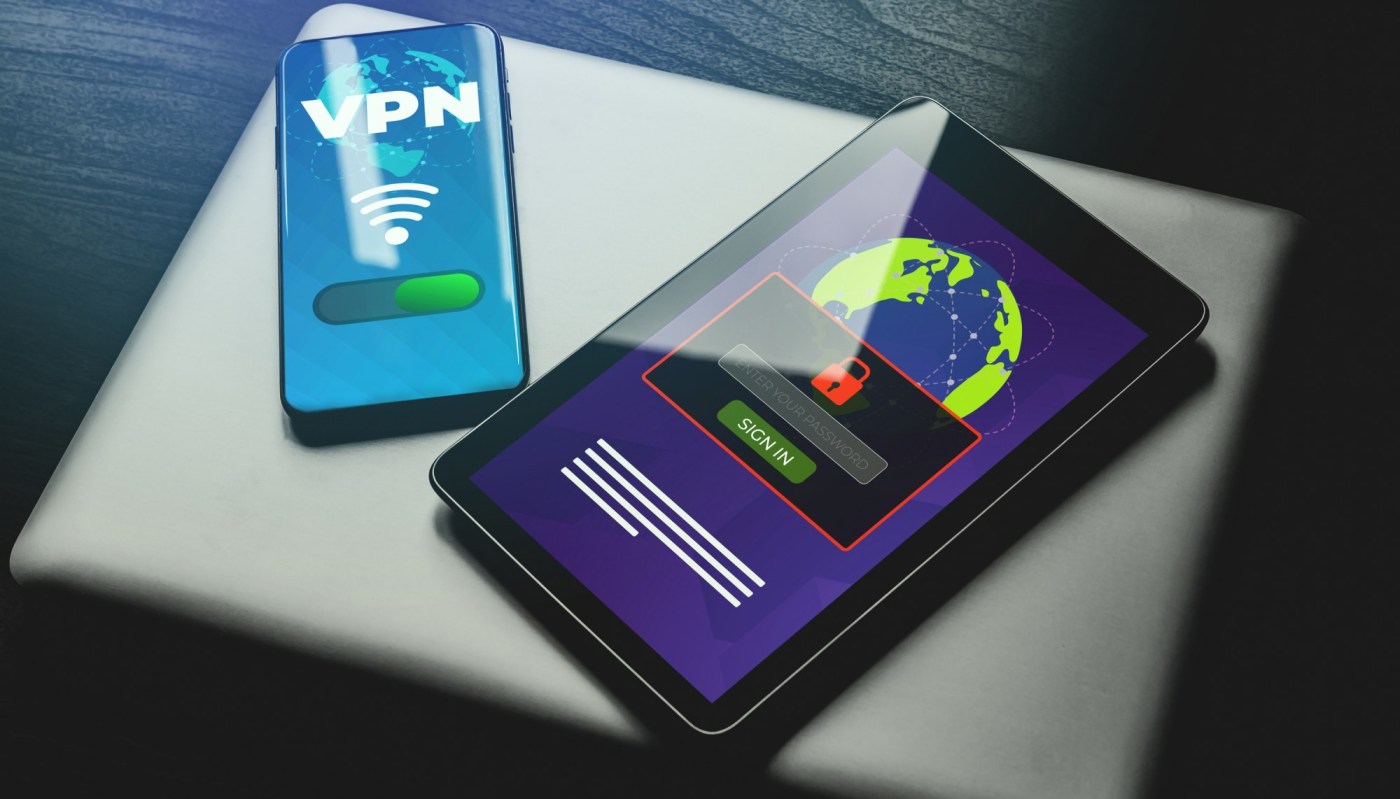In 2012 a 15-year-old girl died in Berlin after being hit by a subway train. Her bereaved parents asked Facebook to turn over her private messages in hopes of understanding whether her death was a suicide or an accident.
Facebook refused. Her death had already been reported to the social media site, which then converted her profile to a “memorialized account.” According to the company’s policy at the time, no one could access memorialized accounts, even with a password. After years of lawsuits and appeals, Germany’s highest court in 2018 ordered Facebook to turn over the profile.
The “Afterlife of Data” (April 11, University of Chicago Press), a slim book by Carl Öhman, an assistant professor of political science at Uppsala University in Sweden, takes on the central question of whether Facebook parent Meta Platforms Inc., as well as companies such as Alphabet Inc. and Apple Inc., should have the power to decide what happens to our data after our deaths.
Modern-day societies have many rituals and customs for handling the dead’s physical remains but no established practices to deal with digital ones. Öhman argues that “the data we leave behind upon death can be regarded as nothing less than an informational corpse.”
Can we allow such a responsibility to fall, by default, to the Big Tech companies? Öhman tells us this is one of the most pressing questions of our era, because anyone with internet access generates massive quantities of data, much of which will continue to exist after the originator’s death.
The book builds off a study that Öhman and his co-author, David Watson, published in 2019 estimating that Facebook would have the profiles of almost 5 billion dead users by the end of the century. (That number assumes the site will keep growing at current rates, a very big if.)
Öhman says large tech companies’ possession of deceased user data is a collective problem, because they would own “a truly global archive of human behavior,” constituting the historical artifacts of generations of users. In these companies’ servers, they would have the data patterns of entire populations of people and the documentation of contemporary events and movements such as Black Lives Matter, #MeToo, and Arab Spring.
There’s also no financial incentive for these companies to act as a responsible estate manager. They may look for ways to monetize profiles of the deceased, sell their data, or simply get rid of it for reasons as arbitrary as saving server space.
Facebook’s “memorialized” accounts, which turn the profile into a tribute page where friends can visit and post, are designed to be static. In 2015 the company added a feature that allows a user to arrange for a “legacy contact” to manage the page after the account holder’s death. But the contact can’t log in or read messages; they are able to curate tribute posts or request that accounts be removed. Öhman finds this solution inadequate, posing a rather obvious question: What happens when the legacy contact dies?
Öhman’s book is the work of an academic, and at times, his attempts to reach the general reader feel clumsy. He asks us to imagine Napoleon Bonaparte’s Facebook messages and feels the need to explain that Karl Marx’s “influence on socialist thought cannot be matched by any other thinker.”
A bigger issues is that his urgency feels shortsighted to the casual news reader, at times, given that tech companies are reckoning with more immediate, equally pressing social concerns: They routinely make decisions regarding free speech, the workings of democracy and the mental health of a generation of young people.
The stakes can be life or death. The Centers for Disease Control and Prevention last year found that the suicide rate among American teen girls is up 60% from what it was a decade ago, a jump that correlates with the growing ubiquity of smartphones. In 2018, Facebook admitted to culpability for the Rohingya genocide in Myanmar, writing in its report that the company allowed its platform to be used to “foment division and incite offline violence.”
Despite all of this, no legislation has meaningfully curbed teen social media use or the tech platforms’ influence over political speech. Yes, they may one day decide to sell or destroy the data of the dead, but they already abuse the data of the living.
As with much academic writing, Öhman poses a lot of questions and offers little in the way of solutions. He posits that no business should have the responsibility of deciding what to do with our digital remains, nor should any public institution.
Related Articles
Magid: Tech to help you find things
Making cement is very damaging for the climate. One solution is opening in Northern California
Which Bay Area names are on the invite list for the U.S.-Japan state dinner?
Bay Area office market flounders with empty space but demand jumps
Brooks: Why is technology mean to me for no good reason?
Instead, he says this problem should be dealt with collectively, with “as many people and perspectives as possible be part of the question.” He exhorts us, “Now is the time to start building such systems.” But what those systems look like is still mysterious to him.
In one evocative section, however, Öhman comes close to an answer. He details the death practices of an early Paleolithic people called the Natufians, who lived among the skulls of their loved ones that they decorated with plaster and seashells. Before them, hunter gatherers left the bodies of their loved ones to decay in the wild. But once people occupied permanent dwellings, they had to invent funerary practices. “Like the Paleolithic tribes before us, we must learn to live with a new kind of presence of the dead,” he says.
“We are the new Natufians,” Öhman writes. I take this to mean that we are entering an era where we will be surrounded by the digital remains of our friends and family whether we like it or not.
It suggests that we are in the nascent stages of reckoning with an uncomfortable truth: The people we love will die, but their data will continue to live indefinitely, digital ghosts in the cloud. At the moment, there’s nothing stopping the Metas and Googles of the world from exploiting them—or perhaps worse, erasing them permanently.
___
©2024 Bloomberg L.P. Visit bloomberg.com. Distributed by Tribune Content Agency, LLC.












